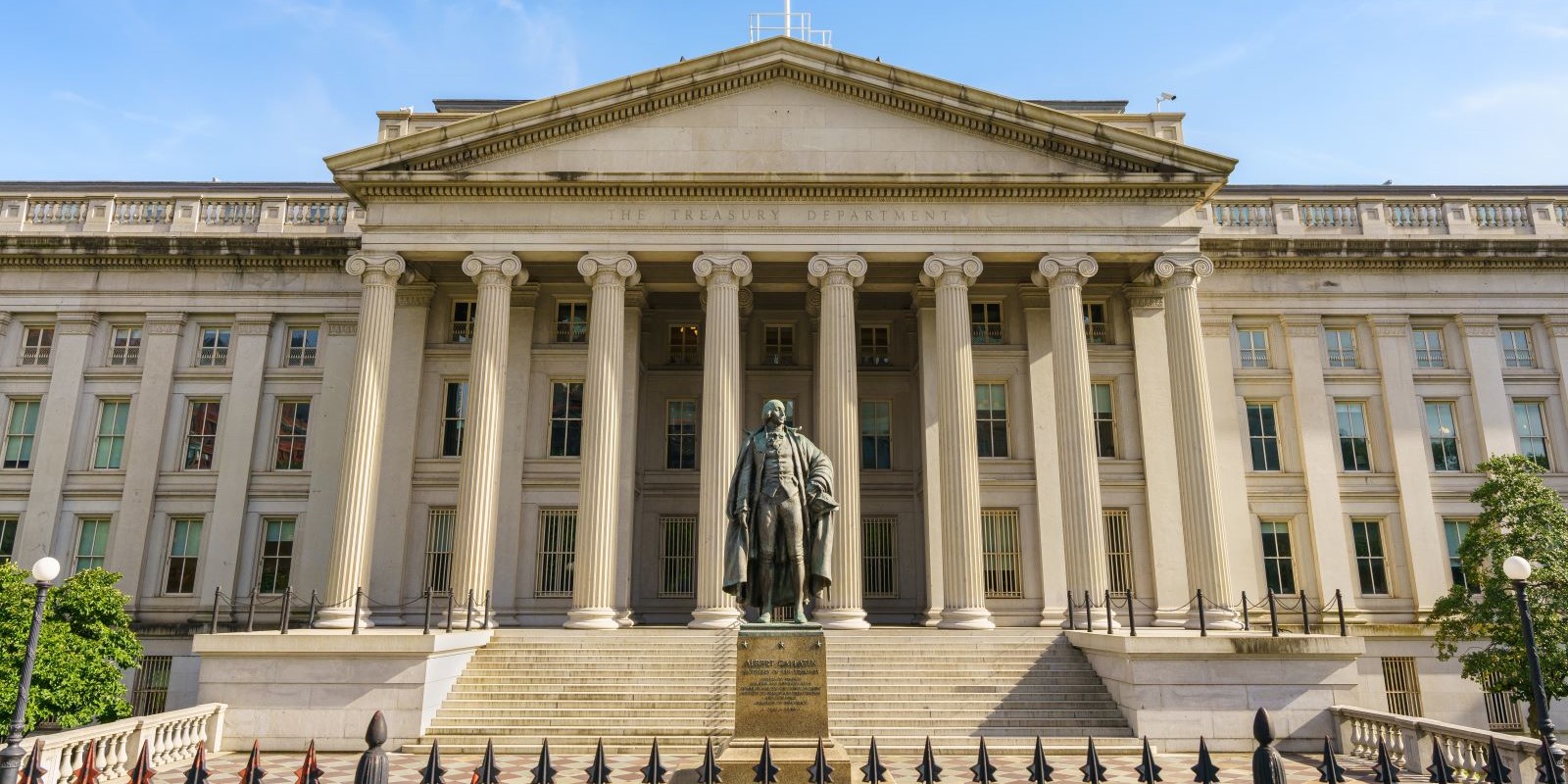Bipartisan Crypto Legislation Receives Approval

Less aggressive regulation and favorable tax changes are two hallmarks of the long-awaited cryptocurrency legislation recently unveiled on Capitol Hill. Senators Cynthia Lummis, R-WY., and Kirsten Gillibrand, D-NY, introduced S. 4356, the Responsible Financial Innovation Act, on June 7, right before Consensus 2022, a national conference showcasing blockchain technology, at which they both spoke.
Gillibrand characterized the plan as “landmark bipartisan legislation that will create a complete regulatory framework for digital assets that encourages responsible financial innovation, flexibility, transparency and robust consumer protections while integrating digital assets into existing law.” The bill states that the Commodity Futures Trading Commission (CFTC) will regulate digital assets rather than the Securities and Exchange Commission (SEC), which is a big win for the industry. The CFTC is a small agency with a limited budget, and critics of the plan believe this move will result in crypto being “largely unregulated” However, The Blockchain Association said the proposal will “serve as the foundation for spot market regulation.”
Definitions and Tax Provisions
In addition to a regulatory framework, the legislation defines cryptocurrency as an “ancillary asset” rather than a security. As an ancillary asset, cryptocurrency is presumed to be a commodity, unless it has the qualities of a security with the holder having the benefits of a corporate investor. Crypto that is considered a security will be subject to different regulations; however, these stricter regulations will not apply to digital assets because most crypto will be considered a commodity.
The bill proposes several important tax changes that are favorable to the industry and investors, such as:
- Cryptocurrency tokens earned by “mining” or “staking” would not be taxable until the tokens are sold.
- Providing a de minimis exclusion up to $200 per transaction when a taxpayer uses virtual currency as a payment for goods and services.
- Narrowing the definition of “broker” contained in the Infrastructure Act by eliminating the Treasury Department’s broad discretion to determine who is a broker and also by clarifying that persons who do not have customers (e.g., miners, stakers and developers of application software) will not be treated as brokers subject to IRS reporting requirements.
- Delaying the broker reporting requirements contained in the Infrastructure Act for one year, until 2025.
- Creating a trading safe harbor for non-US persons that allows non-US investors to trade in commodities and securities within the US without incurring a net US basis tax.
- Establishing that digital asset lending agreements are not generally taxable events.
- Requiring the IRS to adopt guidance or clarifications on long-standing issues in the digital asset industry, including disposition of forks and airdrops, merchant acceptance of digital assets, digital asset mining and staking, charitable contributions of digital assets and the legal characterization of payment stablecoins as indebtedness.
Other provisions clarify the tax status of decentralized autonomous organizations (DAOs). These organizations will be treated as business entities for the purposes of the tax code and must be incorporated or organized under the laws of a state or foreign jurisdiction. This provision could subject these organizations to disclosure, corporate or partnership taxation and more regulation.
Biden Has Other Plans
Senators Lummis and Gillibrand are not the only government officials trying to put their mark on digital assets. In March, President Biden issued an Executive Order laying out a national policy for digital assets with six key priorities: consumer and investor protection; financial stability; illicit finance; US leadership in the global financial system and economic competitiveness; financial inclusion; responsible innovation. Also, legislative proposals in the President’s FY23 budget call for mark-to-market taxation of cryptocurrency, taxation of some cryptocurrency lending activities and expanded broker reporting.
Outlook
Senators Lummis and Gillibrand worked for months with their colleagues in Congress as well as industry representatives to create their plan. Since the bill is complex and far-reaching, it is likely to move slowly through the many congressional committees with jurisdiction over the issue and the legislative process. With 20% of US adults participating in some level of digital asset trading, lawmakers recognize that the time for more clarity in taxation and regulation is now. Frazier & Deeter will be watching developments closely to bring you more information as the process unfolds.
Explore related insights
-
Corporate Carve-Outs Done Right
Read more: Corporate Carve-Outs Done Right
-
Treasury Secretary Explains Vision for IRS at Committee Hearing
Read more: Treasury Secretary Explains Vision for IRS at Committee Hearing






